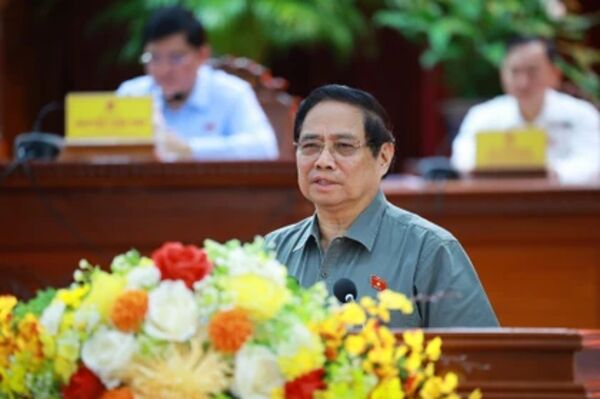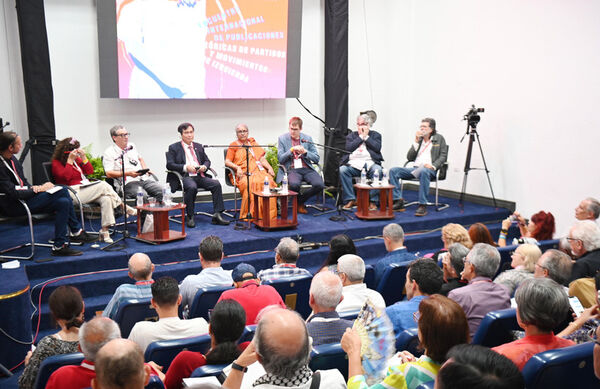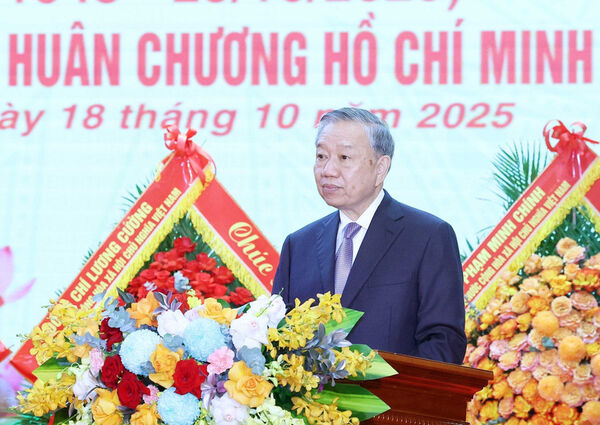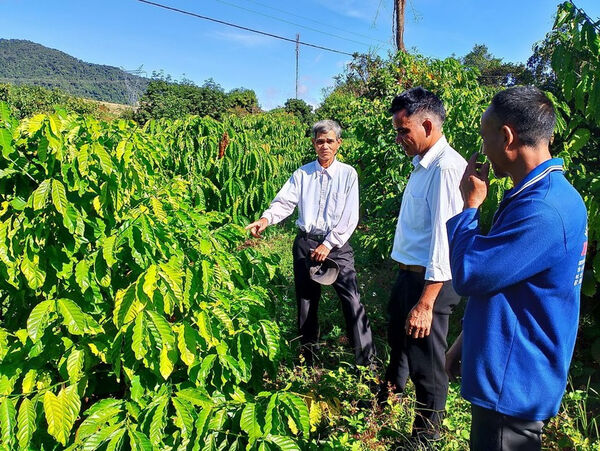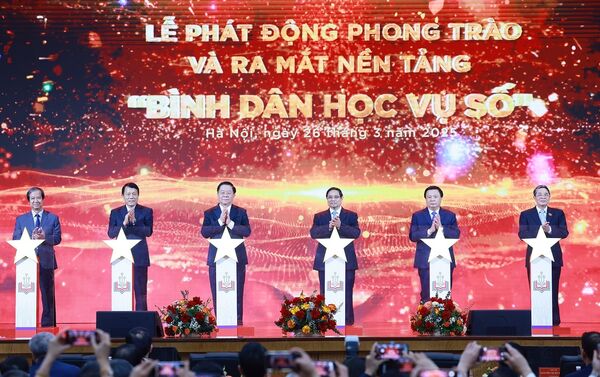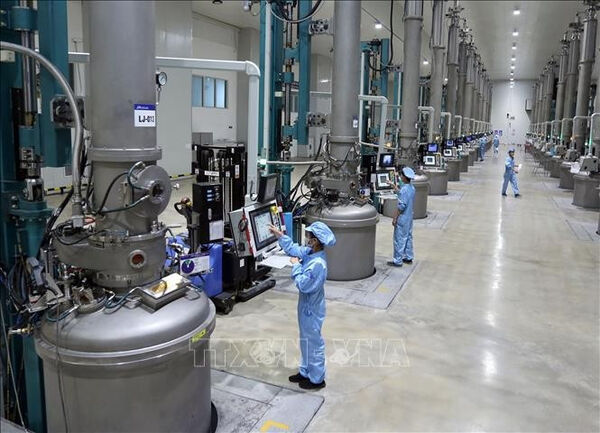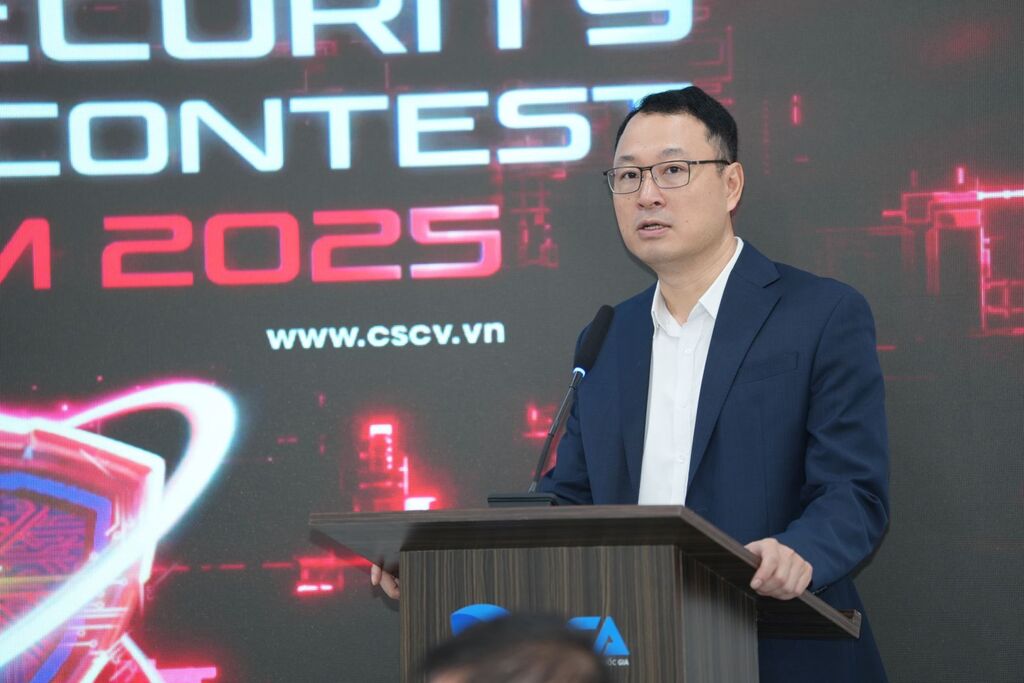 |
| Senior Lieutenant Colonel Trieu Manh Tung, Deputy Director of the Department of Cybersecurity and High-tech Crime Prevention under the Ministry of Public Security. (Photo: VNA) |
Hanoi (VNA) – The signing of the UN Convention against Cybercrime (Hanoi Convention) demonstrates Vietnam’s proactive engagement and prestige in global cybercrime prevention efforts as the country is hosting the opening for signature of the document on October 25-26, according to Senior Lieutenant Colonel Trieu Manh Tung, Deputy Director of the Department of Cybersecurity and High-tech Crime Prevention under the Ministry of Public Security.
In a recent interview with the Vietnam News Agency (VNA), Tung said that the event has attracted wide interest, given the growing cybercrime threats pose to national and global security. It will bring together the UN Secretary-General, representatives from over 100 countries and territories, and international organiations, agencies and journalists.
The signing is the result of a journey that highlights Vietnam’s active participation in discussions and content development of the convention over the past five years, he said, adding the UN’s decision to hold the signing ceremony in Hanoi acknowledges the country’s credibility and contributions in the global fight against cybercrime.
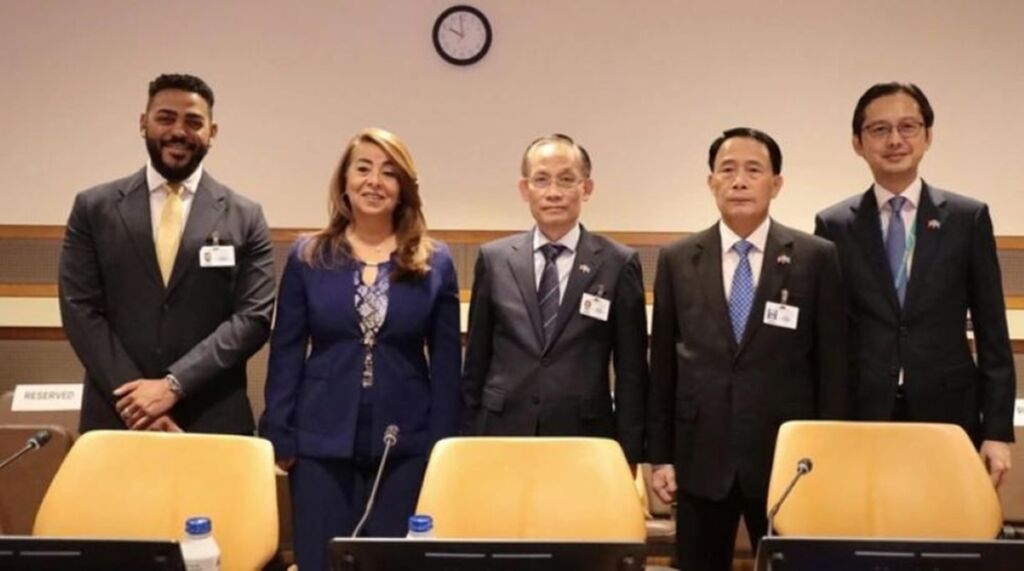 |
| Acting Minister of Foreign Affairs Le Hoai Trung (centre) at the ceremony to introduce the opening for signature of the UN Convention against Cybercrime. (Photo: VNA) |
The event is expected to raise public awareness of cybercrime, encourage individuals to protect themselves online and foster a safe and responsible digital culture. It also opens the door for Vietnam to develop a self-reliant cybersecurity industry, enabling Vietnamese enterprises to gradually integrate into the global digital security market, Tung stressed.
The convention will create favourable conditions for Vietnam to deepen international cooperation, he said, explaining that it will facilitate information sharing, evidence exchange, and joint training programmes, helping strengthen the country’s capacity to prevent and combat cybercrime.
He also underscored that no country could fight against cybercrime alone in the digital age. The Hanoi Convention, he noted, provides participating nations with a legal foundation to exchange files, documents, and digital evidence, critical tools for settling cases. It will facilitate the coordination of the arrest and transfer of criminals may use the infrastructure of one country to attack another.
Running parallel to the signing event, the Cybersecurity Student Contest Vietnam 2025 serves as an important talent pipeline for Vietnam’s cybersecurity sector. The competition has attracted 327 teams with 1,265 students. Tung described the contest as an opportunity to identify and develop young talents capable of safeguarding Vietnam’s critical digital infrastructure.
Furthermore, it is expected to inspire young people to pursue careers in this domain while spreading a positive message about digital responsibility, contributing to building a culture of safe online behaviour./.

